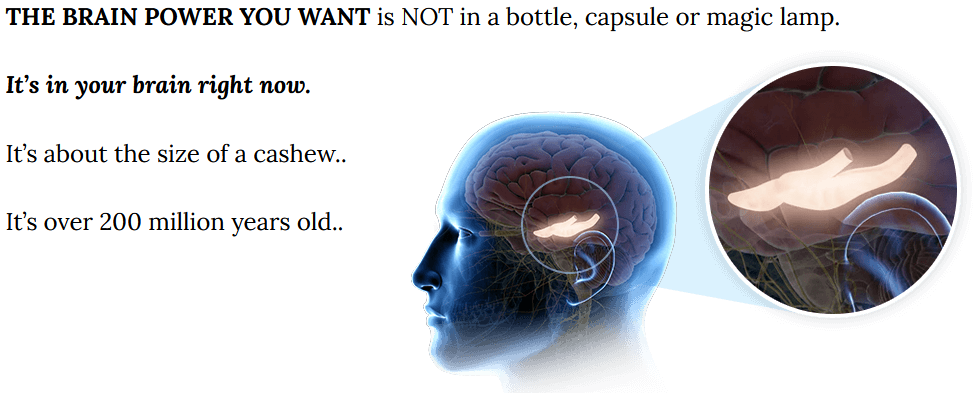Depression is a widespread mental health issue that affects millions of people worldwide. As the search for effective treatments continues, alternative therapies like soundwave therapy are gaining attention for their potential to complement traditional approaches. But can soundwave therapy really help with depression? Let’s explore the science and potential benefits behind this innovative treatment.
Understanding Soundwave Therapy
Soundwave therapy, also known as sound healing or acoustic therapy, involves using sound waves of specific frequencies to promote physical and emotional well-being. The therapy operates on the principle that sound can influence the body’s energy fields and brainwave activity, leading to various therapeutic effects. Practitioners use tools such as tuning forks, gongs, singing bowls, or digital sound machines to create these therapeutic sound frequencies.
This form of therapy has been used for centuries in various cultures, with modern techniques now combining ancient practices with scientific understanding. The goal is to harness the vibrational energy of sound to restore balance in the body and mind, potentially alleviating symptoms of depression.
How Soundwave Therapy May Affect Depression
Depression is often characterized by feelings of sadness, hopelessness, and a lack of energy or motivation. These symptoms are linked to chemical imbalances in the brain, particularly involving neurotransmitters like serotonin and dopamine. Soundwave therapy may help by influencing brainwave activity and promoting relaxation, which can, in turn, boost these mood-regulating chemicals.
Research has shown that certain sound frequencies can stimulate the brain’s alpha and theta waves, which are associated with relaxation and meditative states. This brainwave entrainment can help reduce stress, anxiety, and depressive symptoms by calming the mind and promoting a sense of peace.
Additionally, soundwave therapy has been found to have a positive impact on the autonomic nervous system, helping to reduce the physiological symptoms of depression, such as increased heart rate and tension. By promoting a state of deep relaxation, soundwave therapy may help break the cycle of negative thoughts and feelings that often accompany depression.
Potential Benefits and Considerations
While soundwave therapy shows promise, it is important to note that it is not a standalone cure for depression. Instead, it should be viewed as a complementary therapy that can be integrated into a broader treatment plan, including traditional methods like medication and psychotherapy.
One of the major benefits of soundwave therapy is its non-invasive nature. It is generally safe, with minimal side effects, making it accessible for many individuals seeking alternative or additional treatment options. Moreover, it offers a holistic approach, addressing not just the mind but the body and spirit, which can be especially beneficial for those dealing with the multifaceted nature of depression.
